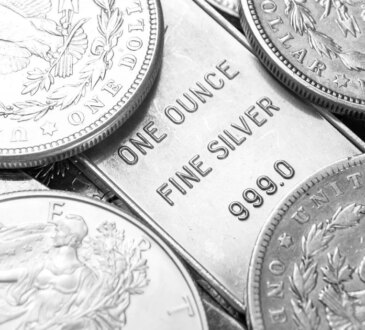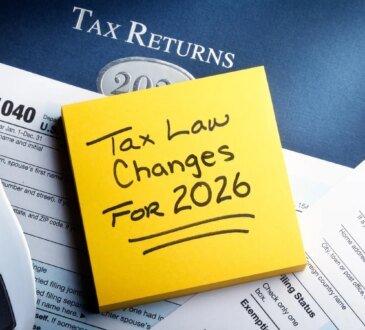The blue economy, emerging as a next frontier, offers opportunities in fisheries, aquaculture, maritime transport, coastal tourism, renewable energy, and marine biotechnology.
As the Caribbean Investment Forum (CIF) prepares to double down on investment opportunities in key sectors at its upcoming fourth staging in Montego Bay, event organisers have noted that while the blue economy is not a primary focus, it also forms an integral part of the agenda.
Leo Naut, deputy executive director of the Caribbean Export Development Agency (CEDA), said during a recent Jamaica Observer Business Forum that although the blue economy may appear overlooked, its cross-sectoral nature sees it being embedded throughout the CIF’s agenda.
The annual forum, scheduled for July 29–31, will this year spotlight investment opportunities in four core sectors: agriculture, the digital economy, logistics and connectivity, and the green economy.
“As we continue to develop our main areas of focus, we are also actively looking at where opportunities lie within the blue economy. When we talk about sustainable agriculture or green economy transition — the blue economy is also a part of those conversations, therefore it’s not like this sector is not important to us,” Naut said, while noting that the blue economy which functions as a transversal sector, is one that often cuts across multiple areas of focus.
“When we look at sustainable fish farming or sea moss production, that’s part of sustainable agriculture for us and when we look at green economy that’s where we also tend to talk about how to harness more power from the sea, among other related things,” he indicated.
As Caribbean nations seek to diversify their economies and build resilience, the blue economy has emerged as a next frontier, offering opportunities in fisheries, aquaculture, maritime transport, coastal tourism, renewable energy, and marine biotechnology.
Far from being a buzzword, the sector is also is widely seen as a blueprint for sustainable prosperity, grounded in the responsible use and preservation of ocean and coastal resources. Unlike traditional marine industries, which often prioritise short-term gain, the blue economy emphasises long-term environmental sustainability and inclusive economic growth.
Through smart investments, sound policies, and a commitment to environmental and social well-being CIF organisers also believe that developments within this sector can help to unlock a wave of opportunities for current and future generations. It is therefore on this premise that CIF 2025, being hosted in collaboration with the Government of Jamaica, the European Union, and the Caricom Secretariat, aims to highlight the region’s untapped investment potential in emerging and sustainable sectors.
Held over three days, the event is expected to attract over 500 participants from more than 40 countries across the globe including international investors, government leaders, development finance institutions, entrepreneurs, and diaspora representatives.
“We are focusing on investments in key sectors as we’ve come to realise that there are actual needs in these areas. The CIF in showcasing project opportunities remains a key driver for public private partnerships and investments and so we through its staging we want to ensure that we’re able to facilitate and forge important connections. Last year we had a good representation of development banks that came on board from different parts of the world, not just regional, and so we’re likewise looking to have similar levels of engagement this year,” Naut said.




